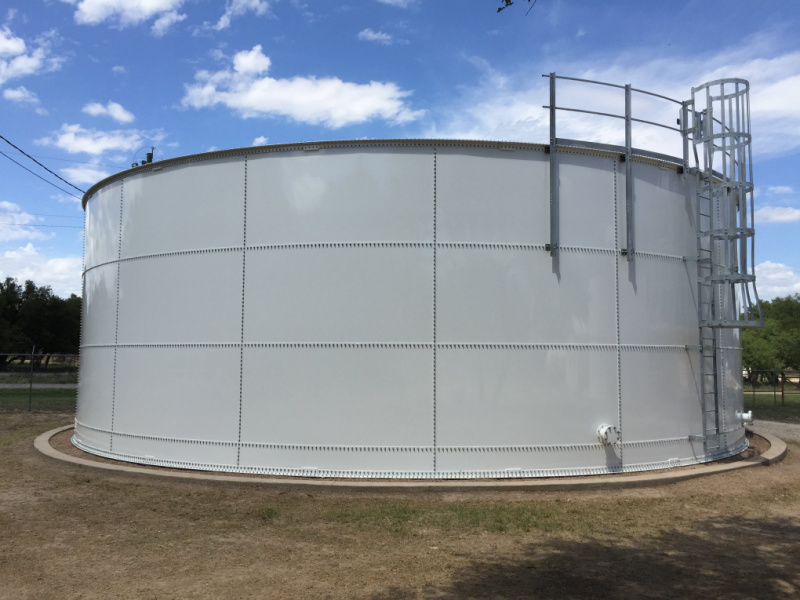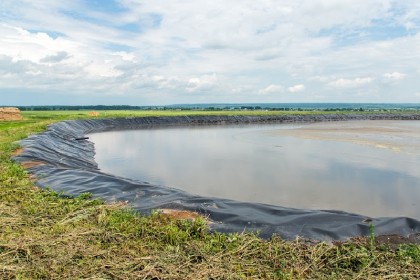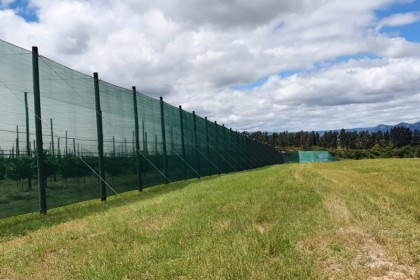
Agricultural Reservoirs: Nurturing Crops and Sustaining Communities
Agricultural reservoirs, also known as farm ponds or Agri-ponds, are a critical component of modern agriculture. These artificial bodies of water, created through the construction of dams or embankments, play a multifaceted role in supporting farming operations and ensuring water resource sustainability.
In this article, we explore the importance of agricultural reservoirs, their diverse uses, benefits, and their impact on farming and local communities.
The Significance of Agricultural Reservoirs
Agricultural reservoirs serve several vital functions:
- Water Storage: They store water during periods of surplus, such as heavy rainfall or snowmelt, to ensure a steady water supply for irrigation during drier seasons.
- Irrigation: Agricultural reservoirs provide a reliable source of water for crop irrigation, reducing reliance on erratic rainfall and enhancing crop yields.
- Livestock Watering: These reservoirs offer a consistent water source for livestock, supporting animal health and reducing the need to transport water.
- Fish Farming: Some agricultural reservoirs are used for fish farming, diversifying income sources for farmers.
- Water Management: They help manage stormwater runoff, reducing soil erosion and the risk of flooding.
Diverse Uses of Agricultural Reservoirs
- Irrigation: Reservoirs supply water for irrigating various crops, enabling farmers to grow high-value crops and increase yields.
- Livestock Watering: Reservoirs provide a reliable water source for cattle, sheep, and other livestock, ensuring proper hydration and reducing stress on animals.
- Aquaculture: Some farmers utilize agricultural reservoirs for fish farming, increasing their income by cultivating fish species.
- Recreation: In certain cases, agricultural reservoirs serve as recreational areas for fishing, boating, and wildlife watching, contributing to rural tourism.
- Wildlife Habitat: These reservoirs can attract and support a variety of wildlife, enhancing local biodiversity.
Benefits of Agricultural Reservoirs
- Water Security: Reservoirs ensure a consistent water supply, reducing the risks associated with drought and water scarcity.
- Enhanced Crop Yield: Reliable irrigation from reservoirs can significantly increase crop yields, leading to economic benefits for farmers.
- Drought Mitigation: In regions prone to drought, agricultural reservoirs act as a crucial buffer against water shortages.
- Environmental Sustainability: These reservoirs help manage water resources efficiently, reducing the environmental impact of farming practices.
- Livestock Health: Consistent access to water enhances the health and well-being of livestock, improving their productivity.
- Economic Diversification: Through aquaculture and recreational activities, agricultural reservoirs offer farmers opportunities for income diversification.
Considerations for Implementing Agricultural Reservoirs
- Site Selection: The location of the reservoir should consider factors like topography, soil type, and accessibility.
- Legal and Regulatory Compliance: Compliance with local laws and regulations, including permits and water rights, is essential.
- Engineering and Design: Proper design and construction are crucial for the longevity and functionality of the reservoir.
- Maintenance: Regular maintenance ensures the reservoir remains effective and free from siltation and obstructions.
In conclusion, agricultural reservoirs are fundamental to the sustainability and productivity of modern farming practices. Their contributions to water security, crop yield enhancement, and economic diversification make them indispensable assets for both farmers and local communities. As agriculture continues to evolve, the responsible and informed implementation of agricultural reservoirs is essential for meeting the challenges of sustainable farming and resource management.
For other agricultural products and services, click here.












